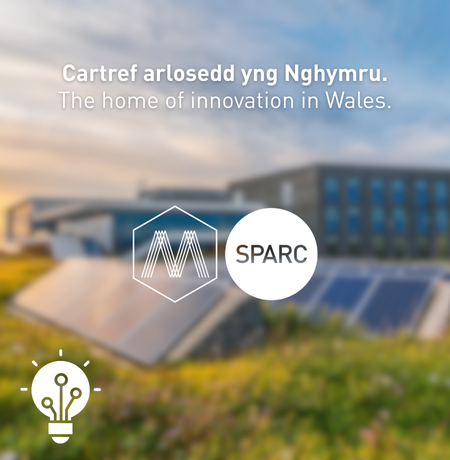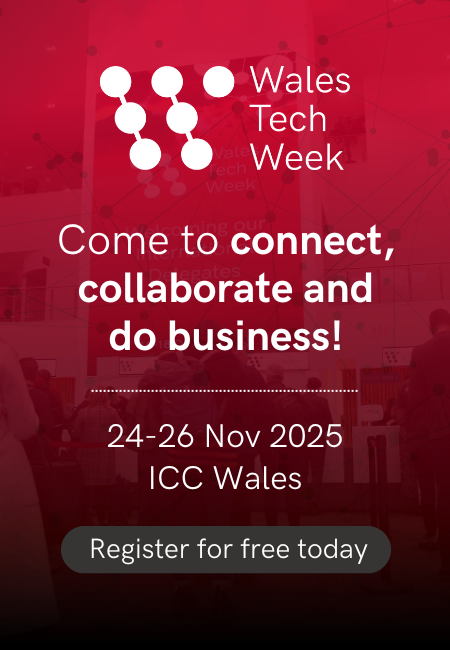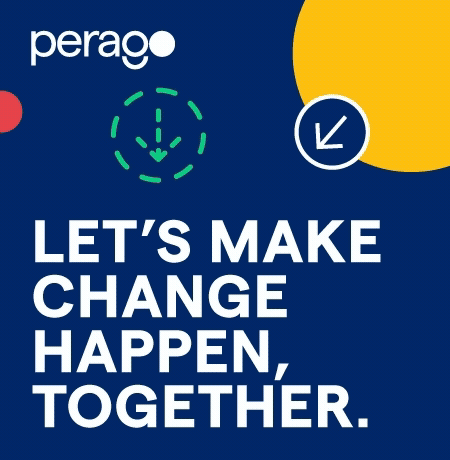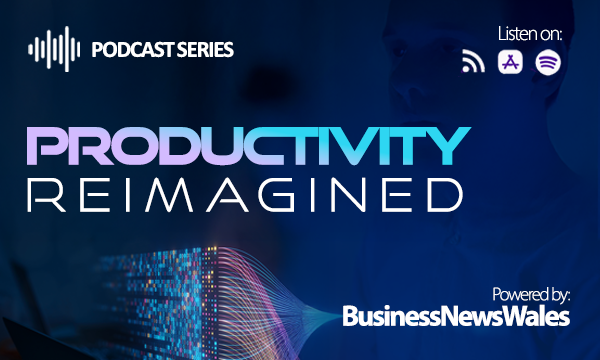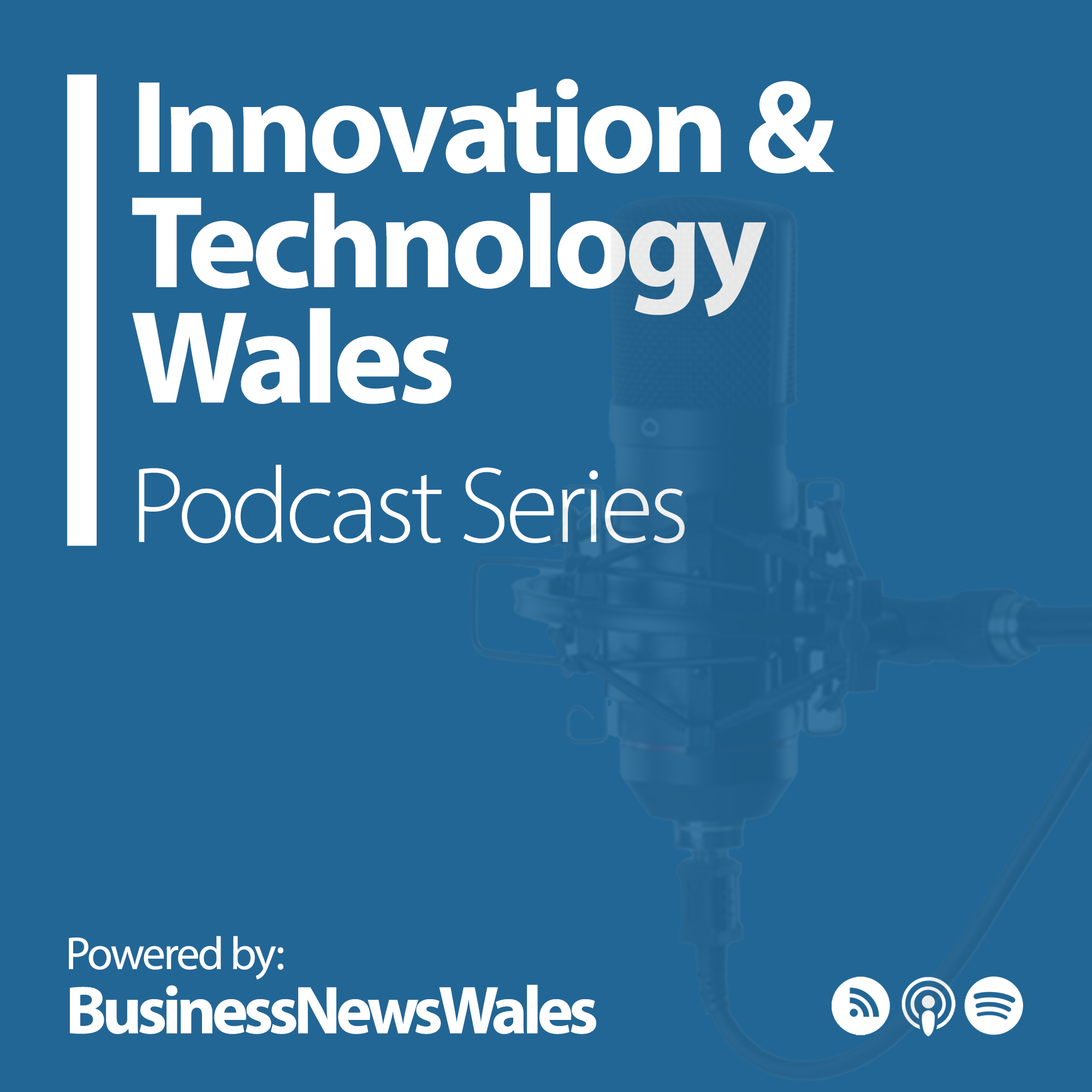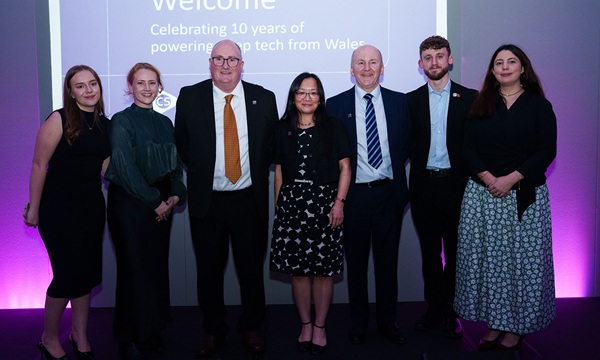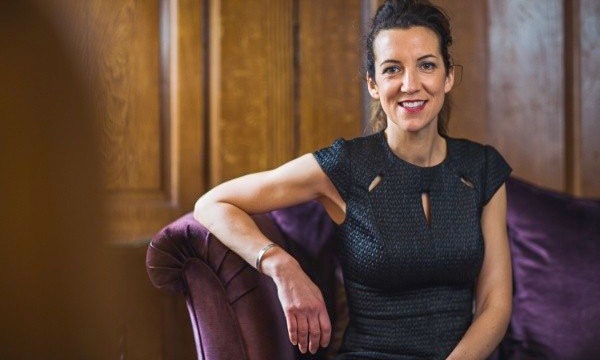The key to improving productivity in Welsh manufacturing lies not in automation or analytics, but in how businesses engage their people, according to three senior industry figures.
Speaking on the Productivity Reimagined podcast from Business News Wales and POET Systems, Jacqui Murray, Director for South Wales at the High Value Manufacturing Catapult, said the debate around productivity too often starts with technology when it should begin with culture.
After decades in heavy industry, she argued that even the most advanced systems cannot deliver lasting gains unless employees are fully engaged.
Jacqui, who began her career in the steelworks at Llanwern and Port Talbot, said she had seen first-hand how trust and teamwork could transform performance.
“If your shop floor, if your team are engaged, there’s nothing really you can’t do,” she said.
She described how successful transformation projects depend on connecting people to a shared purpose, whether the goal is improving a single process or building a gigafactory. In her experience, engineers are trained to focus on data and continuous improvement, but less so on communication and conflict resolution – skills that are essential to sustaining collaboration.
She added that the most productive workplaces are those where people have time and space to be curious and creative, and where teams can question, learn and solve problems together. Without that, she warned, organisations risk becoming efficient but not innovative.
Philip Roberts, Managing Director of POET Systems, said technology has driven extraordinary progress across manufacturing, but that the sector now faces a different kind of challenge. While cloud-based tools and live performance dashboards have transformed visibility, they have also changed how engineers work.
He said many engineers are now spending more time behind screens analysing data, and less time on the factory floor where collaboration and problem-solving take place.
“For many years technology moved the world forward,” he said,
“but it also drove people behind their desks. It’s time to get them back out there.”
Phil argued that data should be a bridge between people, not a barrier. The goal, he said, is to make information visible and accessible to everyone, from operators to senior managers, so that decisions can be made together and silos broken down. The kind of teamwork seen during crises such as a halted production line, he added, should become a permanent habit rather than a temporary response.
For Professor Paul Byard, Course Leader in Engineering Management at the University of South Wales, the people dimension of productivity comes down to one principle: the rate of learning must be greater than the rate of change.
Paul, who has spent more than five decades in manufacturing and economic development, said the speed of technological and market change means organisations must focus as much on learning as on output. Businesses that invest in developing their people, he said, build resilience and adaptability – the real foundations of long-term productivity.
He said companies should look beyond turnover and profit margins and start measuring innovation and learning instead.
“Change your rules,” he said.
“Stop following the traditional format of chasing sales turnover and measure innovation and the rate of innovation in your business.”
He added that creating a culture of shared learning helps teams anticipate problems, resolve conflict constructively and adapt to new conditions faster than competitors.
Across their different roles, the three leaders agreed that productivity growth is increasingly determined by how well people are connected, trusted and empowered. Machines and metrics, they said, can only go so far without the engagement and curiosity of the workforce behind them.



